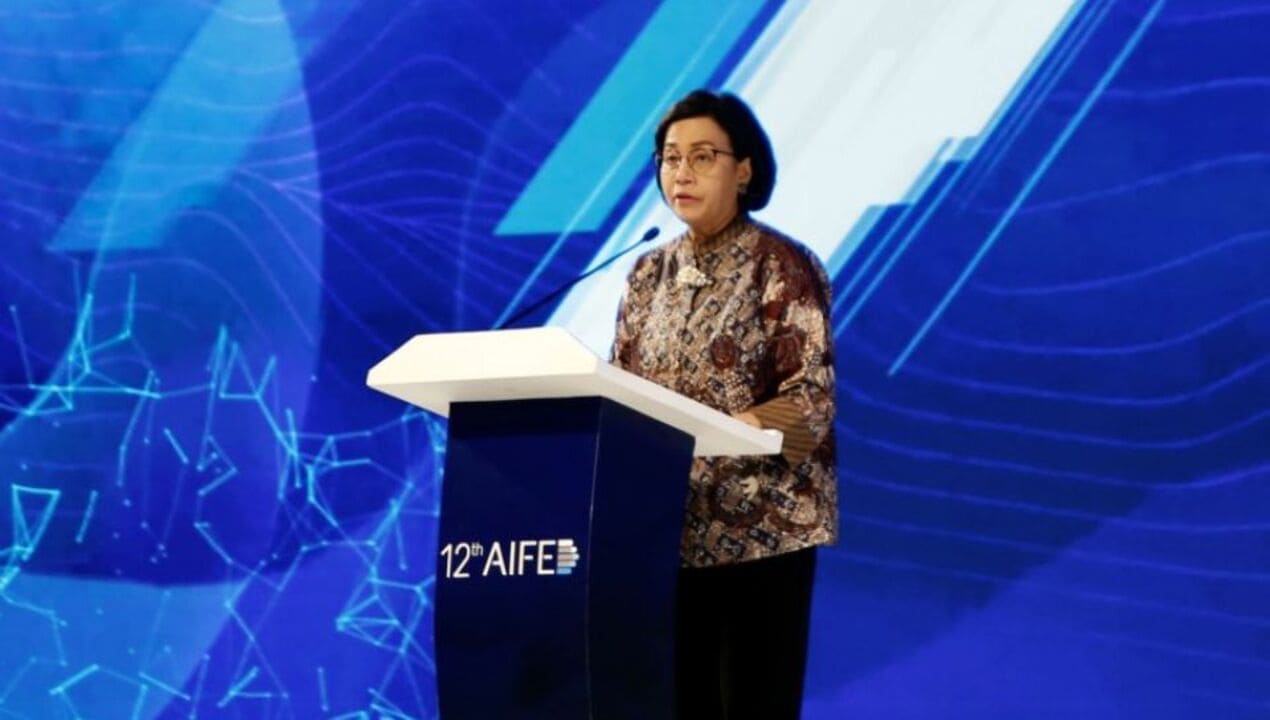
Independent Report – Indonesia is setting its sights on creating a world-class bureaucracy by 2045. According to Rini Widyantini, the Minister of State Apparatus Empowerment and Bureaucratic Reform (PANRB), the Grand Design of National Bureaucratic Reform (GDRBN) 2025–2045 will prioritize digital transformation and the development of civil servant competencies. This bold initiative aims to reshape the country’s public administration system, ensuring it meets global standards by the mid-century.
According to Rini, GDRBN will serve as a significant milestone in transforming Indonesia’s bureaucracy. The reform is centered on building a collaborative, capable, and integrity-driven bureaucracy, with a focus on improving public welfare. During the Coordination Meeting for the 2025–2029 Bureaucratic Reform Policies and the 2024 Bureaucratic Reform Index Evaluation Announcement at the PANRB Ministry office on Wednesday, April 30, 2025, Rini elaborated on the reform’s focus areas. These include digitalizing government processes, improving the competence of civil servants, establishing adaptive institutions, and providing inclusive and high-quality public services.
Several strategic programs are currently being prepared by the PANRB Ministry, such as the Government Performance Accountability System (SAKP), public service transformation, and strengthening digital governance. The SAKP is designed to align the work of ministries, agencies, and local governments, ensuring more collaborative, effective, and efficient support for national development.
“Digital transformation now goes beyond simply converting manual processes into digital systems. It must deliver tangible impacts and add value to the public,” Rini emphasized. She further explained that the Ministry would work towards expanding the ecosystem of public services, making them more inclusive and accessible to the community. Rini expressed hope that these reforms would ultimately result in a bureaucracy that genuinely serves the people.
During the same event, the Ministry also awarded government institutions with the best Bureaucratic Reform Index (RB) scores for 2024. Rini expressed her expectation that these achievements would motivate continuous improvements. “A bureaucracy that makes an impact can only be realized through collaboration. What we do is not for ourselves but for the nation and the people of Indonesia,” she asserted.
Also Read : Rahayu Saraswati Confirmed as TIDAR Chairman Candidate
Erwan Agus Purwanto, Deputy for Bureaucratic Reform, Apparatus Accountability, and Supervision, reported that the National Assessment Team (TPN) evaluated 628 institutions in 2024, consisting of 82 ministries/agencies, 38 provinces, and 508 districts/cities. As a result, the average RB index increased across all government levels. Ministries and agencies recorded an average score of 82.98 (up 6.17 points), provincial governments scored an average of 74.63 (up 4.92 points), and district/city governments averaged 69.46 (up 10.14 points).
Erwan encouraged institutions with above-average results to share their best practices with others. “We appreciate everyone who played a role in the implementation of bureaucratic reform and encourage cross-institutional synergy for optimal results,” he concluded.
The following is the list of government institutions with the best Bureaucratic Reform Index results from the 2024 RB evaluation:
The government’s efforts in bureaucratic reform are seen as essential in improving the overall governance system in Indonesia. The aim is not only to improve efficiency within the government but also to ensure that the reforms benefit the citizens and promote a more inclusive, transparent, and accountable public service sector.
Also Read : Arizona Legislature Approves Bitcoin Investment Bill